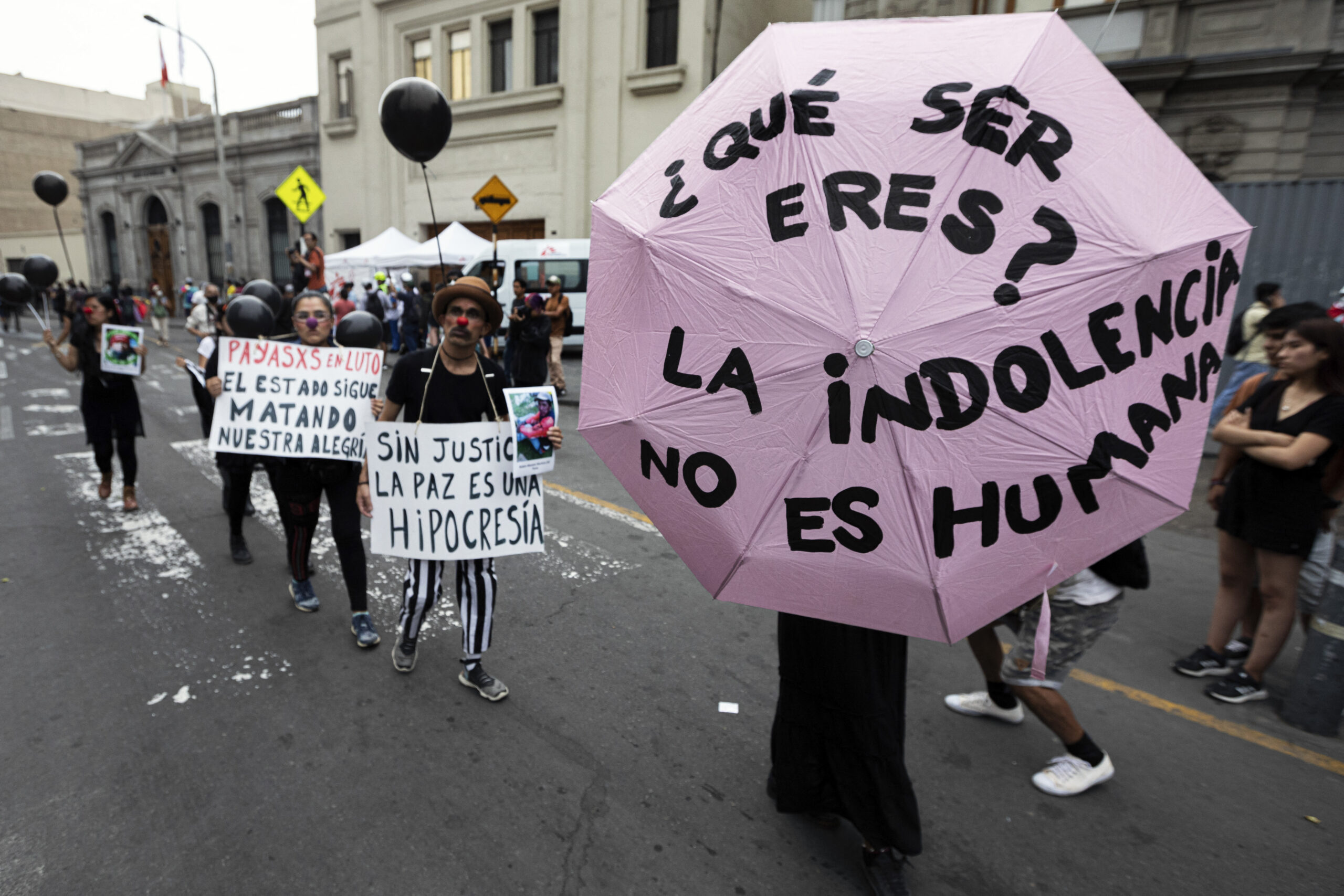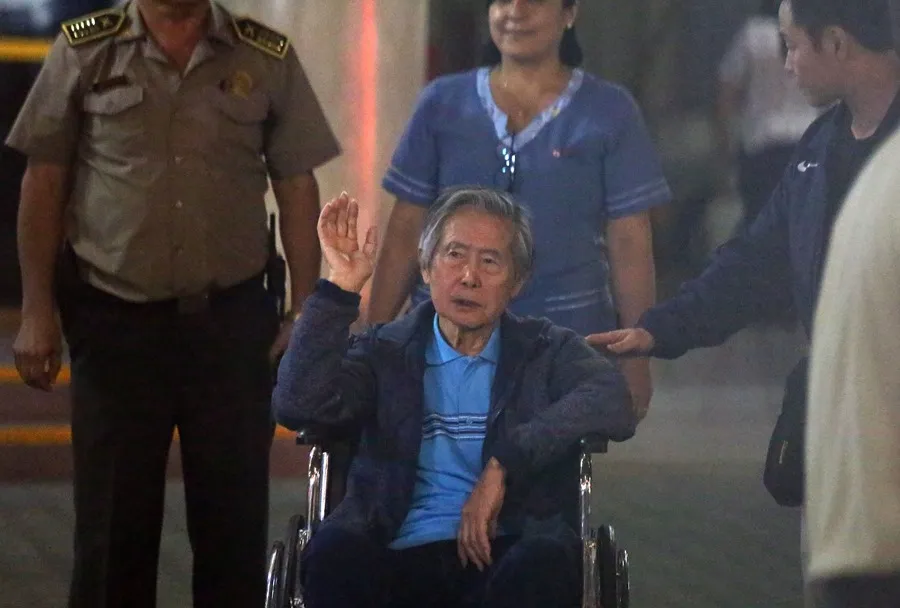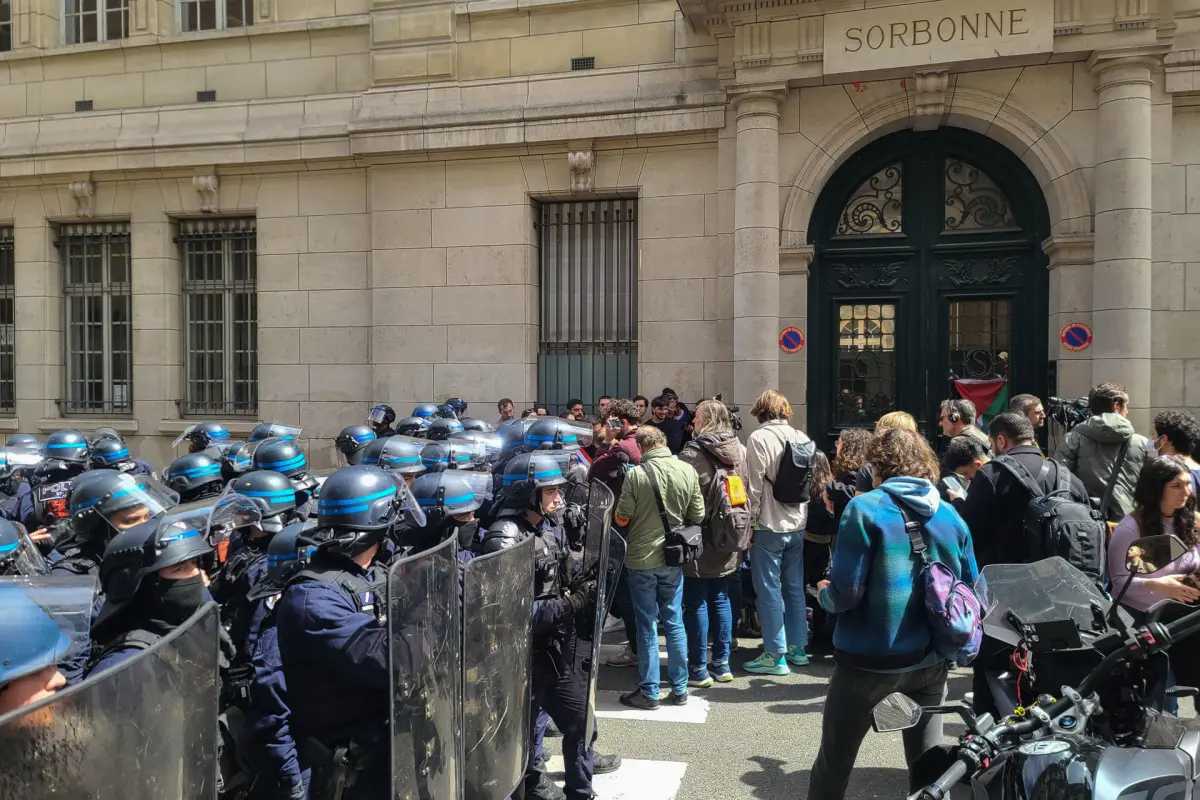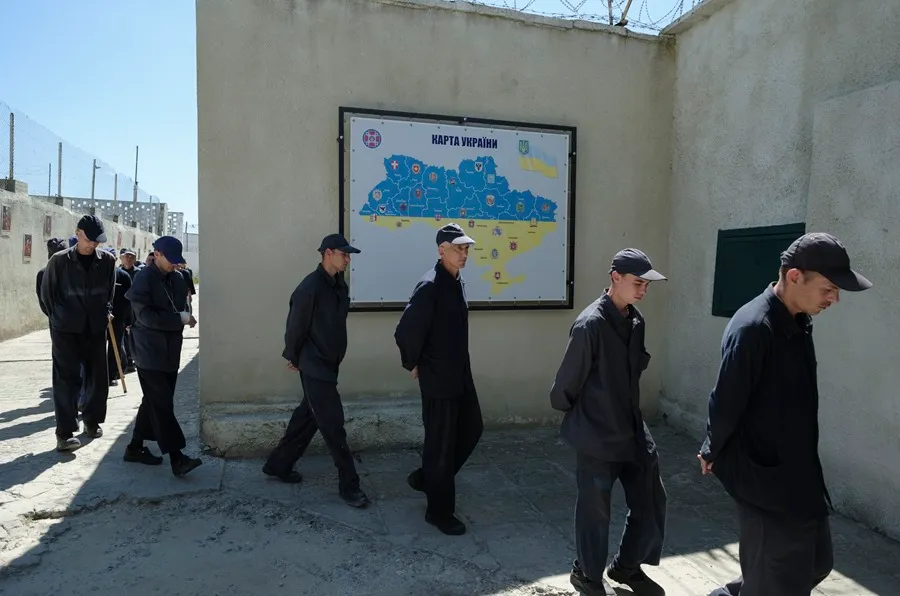International
Peru Congress to resume debate on bringing elections forward
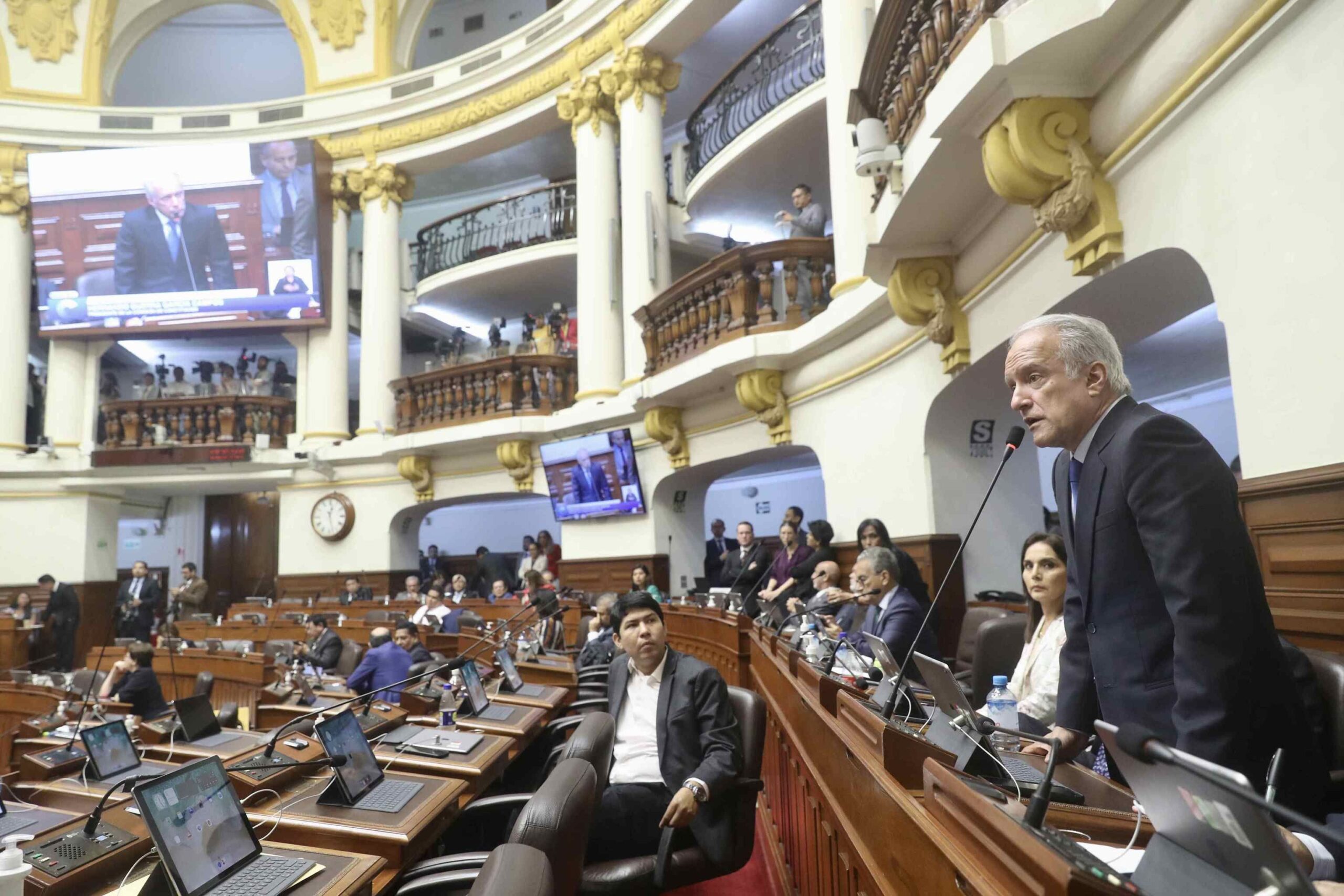
International
Former President Alberto Fujimori, admitted to a hospital for probable tumor in the tongue
International
Police enter La Sorbonne to expel dozens of pro-Palestinian students
International
Desertions in the Russian Army in Ukraine are growing, according to Kiev’s military intelligence
-

 International3 days ago
International3 days agoSocial media star Om Fahad fatally shot in Baghdad
-
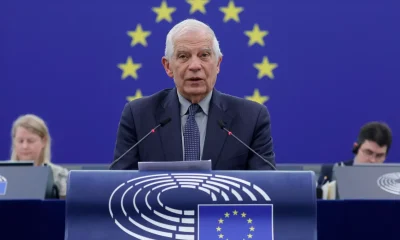
 International3 days ago
International3 days agoBorrell: the EU will support Ukraine until Putin decides to stop the war
-
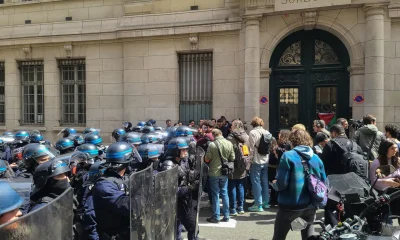
 International2 days ago
International2 days agoPolice enter La Sorbonne to expel dozens of pro-Palestinian students
-
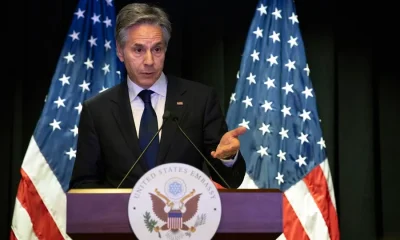
 International2 days ago
International2 days agoThe US warns that it cannot support the Rafah invasion without seeing Israel’s plan to protect civilians
-
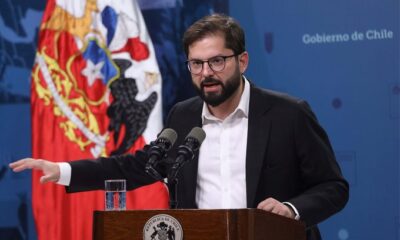
 International3 days ago
International3 days agoPresident Boric announces curfew following triple police homicide in Chile
-
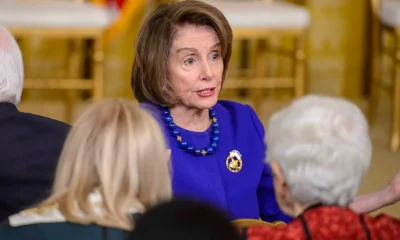
 International3 days ago
International3 days agoNancy Pelosi says that Netanyahu “could not have made things worse” in Gaza
-
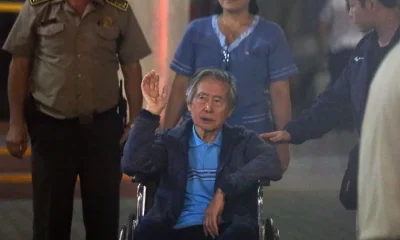
 International2 days ago
International2 days agoFormer President Alberto Fujimori, admitted to a hospital for probable tumor in the tongue
-
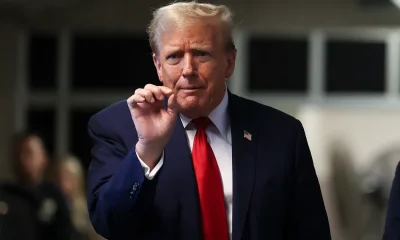
 International3 days ago
International3 days agoDonald Trump agrees to Joe Biden’s debate challenge, proposes White House Venue
-
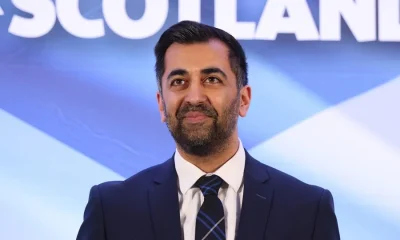
 International2 days ago
International2 days agoPro-independence Humza Yousaf resigns as chief minister of Scotland
-
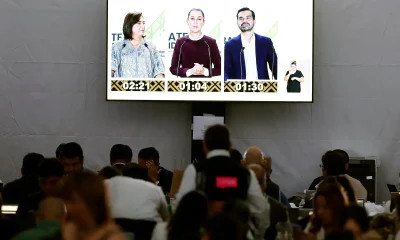
 International2 days ago
International2 days agoThe economic data that defined Mexico’s second presidential debate
-
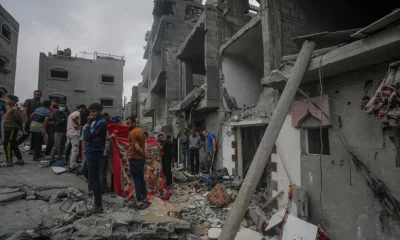
 International3 days ago
International3 days agoHamas warns the United Kingdom that if it sends soldiers to Gaza they will be a “legitimate” military target
-
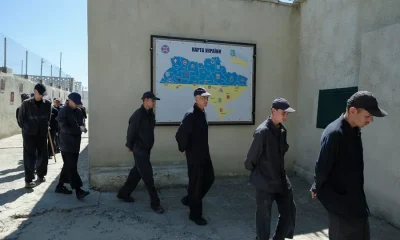
 International2 days ago
International2 days agoDesertions in the Russian Army in Ukraine are growing, according to Kiev’s military intelligence
-
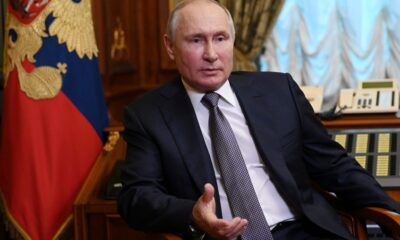
 International3 days ago
International3 days agoU.S. Intelligence reports Putin likely didn’t order Navalny’s killing
-
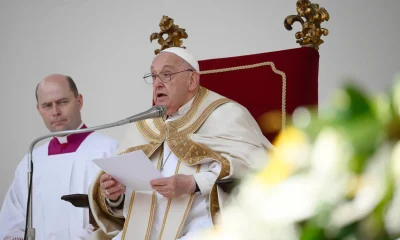
 International3 days ago
International3 days agoThe pope encourages the Presidential Council of Haiti to work for peace and stabilit
-
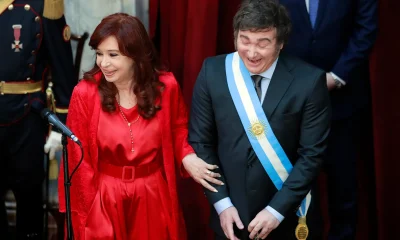
 Internacionales3 days ago
Internacionales3 days agoMilei says it would be “wonderful” to confront Cristina Fernández electorally
-

 International3 days ago
International3 days agoPresident López Obrador meets with Astros and Rockies ahead of Mexico City Series
-
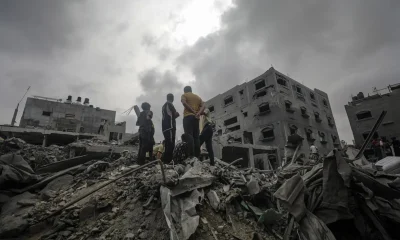
 International3 days ago
International3 days agoThe new truce plan in Gaza includes “many demands” from Hamas, according to an Egyptian source
-
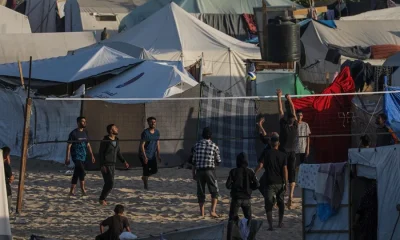
 International2 days ago
International2 days agoThe United States says that Israel has made an “extraordinarily generous” proposal for a truce to Hamas
-
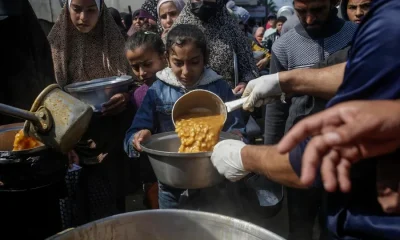
 International2 days ago
International2 days agoPeople are already dying from diseases in Gaza and not only from the bombings, denounces MSF
-
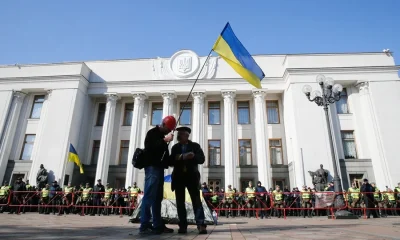
 International5 days ago
International5 days agoA court orders the arrest of the Ukrainian Minister of Agriculture accused of corruption
-
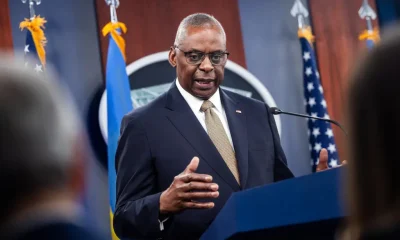
 International5 days ago
International5 days agoThe US unblocks $6 billion in aid to Ukraine for Patriot missiles and drones
-
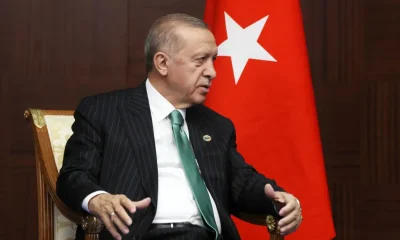
 International5 days ago
International5 days agoTurkey’s president calls Netanyahu the “butcher of Gaza”
-
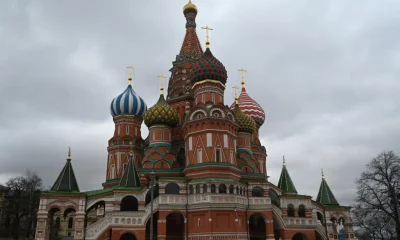
 International5 days ago
International5 days agoRussia prepared a strategy to support the German far-right, according to Der Spiegel
-
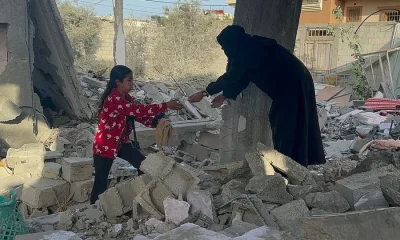
 International5 days ago
International5 days agoIsraeli bombings in the north and south of Gaza cause fifty deaths
-
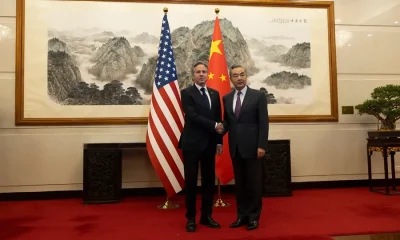
 International5 days ago
International5 days agoBlinken asks China not to “help” Russia with the supply of Defense components
-
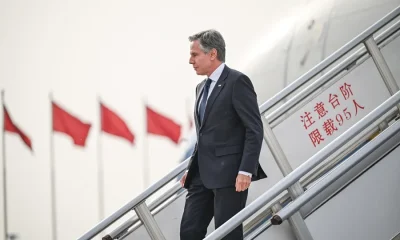
 International5 days ago
International5 days agoThe Chinese president tells the United States that he has to be “faithful” to his word to solve the “problems to be solved”
-
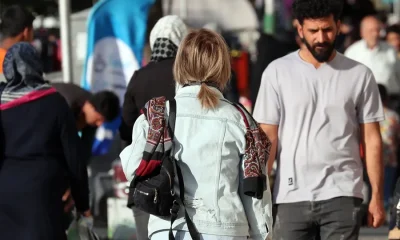
 International5 days ago
International5 days agoThe UN denounces widespread arrests of young Iranians in the new campaign to impose the veil















